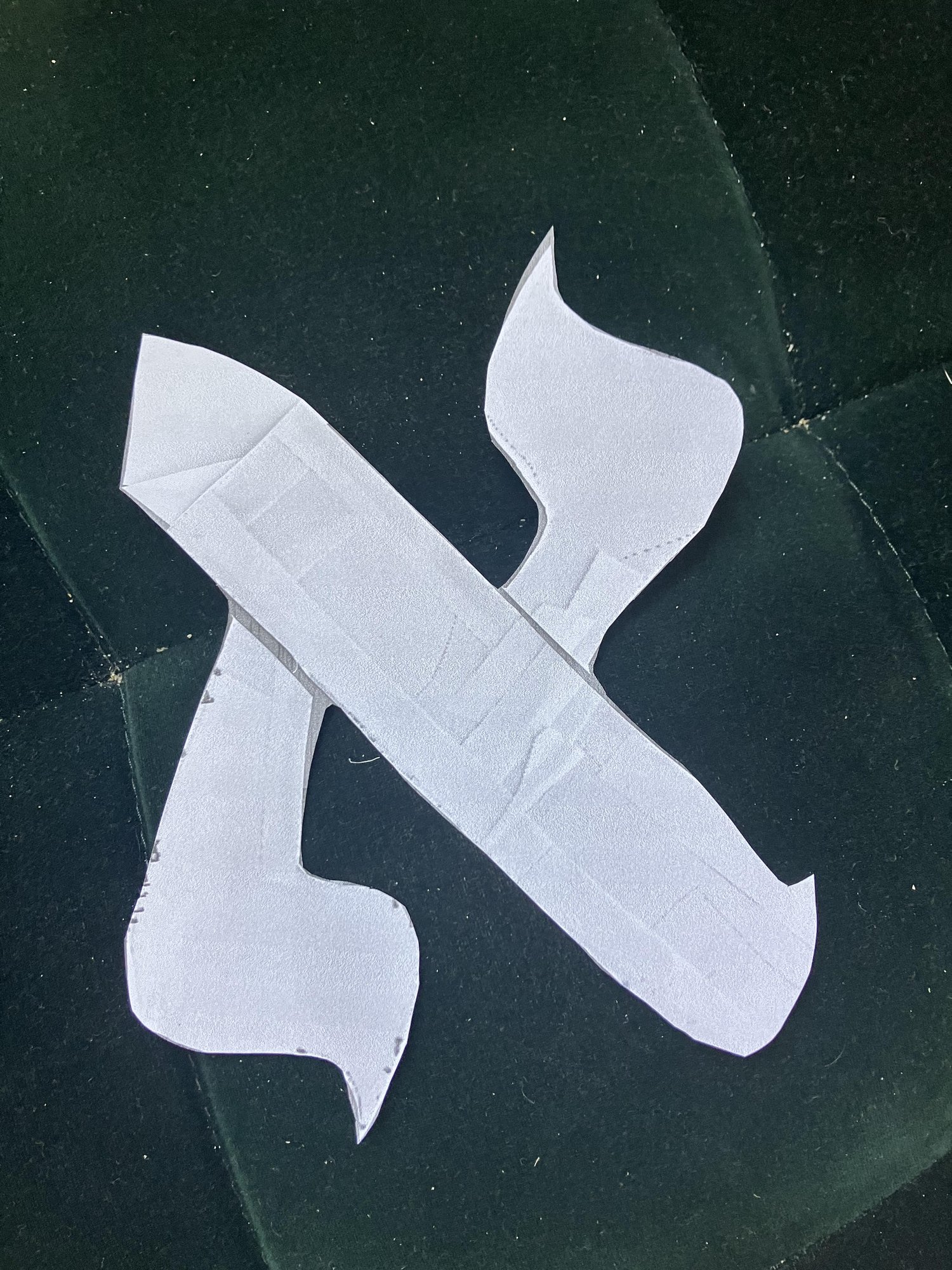The one called Phenias.
THE BIG IDEA
As of this past Sunday, we entered into a 21 day cycle of conscious mourning marking the receding of light from the world, a consequence of brotherly hatred and disregard for spiritual law by the nation designated to serve the light through the guidance of the Torah.
It feels no accident that this week’s Torah Omens contain within them an overview of the essential spiritual offerings that were (eventually) neglected by these very people on their spiritually designated land. So, if you are feeling unexpectedly low this week, trust in your alignment, and allow yourself to initiate a 3 week conscious grieving process for any personal or collective losses that might be asking for your emotional attention.
Included in the required spiritual service is the monthly new moon offering, understood to signify God's apology for the diminishment of the moon (which Kabbalistically represents the feminine). This offering, paired with the week’s explicit adjustment in favour of women’s right to possess land, makes this an excellent time to direct your grieving to the diminishment of the feminine within yourself, or on those that identify as women.
Consider dedicating these next 3 weeks to the finding the quieter or silenced places within, and prepare a case to present to Source Energy asking to restore it’s radiance in the world.
DEEPER DIVE
This week’s narrative therapy gets its name from Pinchas, a son of the high priest whose reflexive response to spiritual violation ( he ran a spear through a couple violating sexual morality in front of the Holy Tent) which pleased Source Energy so profoundly that he and his descendants were to be eternally blessed. Before this incident, Pinchas, the grandson of Aaron, had all but been overlooked.
However, the nature of this spiritual text does not simply record good actions, in fact, as the surviving 601,730 members from each of the 12 tribes are counted, spiritual violators like korach, datan and aviram, nadav and avihu, and their unnatural deaths are noted - reminding us of the eternal legacy of our actions. (Further discussed in this video linked here)
The Torah doesn’t have shame about it’s unfolding. Or about the severity of consequences.
Once the tribe is counted, and women’s rights are adjusted, Moses is directed to a mountain from which he can see the land he, like his brother Aaron, is forbidden to enter. The consequence of hitting the rock remains. However, unlike his brother Aaron who passed his role to his son Elazer, Moses’ energy is somehow to be gathered amongst the people with no clear successor.
Moses then implores the wind of life to transfer the leadership to a worthy successor, noting this nation does not yet have the sensitivity to internalize self governance. Joshua is chosen by God signifying that although some blessings (like that of pinchas) are intergenerational, others are appointed based on personal merit and devotion.
The narrative seems to highlight the stories of 3 people with nothing to lose, who’s aligned actions changed the fate and place within the collective forever.
Pinchas, the High Priest’s son, who was initially passed over as the successor that single handedly pleased God and stopped a plague, the daughters of Tzlofchad who would have been left with nothing had they not brought their case to Moses, and Moses himself, who prayed a successor into being. Each either acting, or reasoning positive change into the world.
Proving that one is able to influence God and effect the Torah’s unfolding thereby expanding both the people’s fate and their spiritual laws.
INNER WORK GUIDE
As suggested earlier, this week’s Omens encourage us to notice the ways the feminine is unfairly diminished. This is no simple task.
Try to make a list of the ‘feminine’ or ‘moon’ parts of yourself. Look for the places or aspects that are quieter, that offer support, that don’t ‘shine’ for themselves, although perhaps they long to be seen.
Then try the exact same contemplation with the ‘feminine’ or ‘moon’ parts of society. What are the places or aspects that are unseen, that support others, that don’t ‘shine’ for themselves, although perhaps they long to do so.
How do those parts match up?
Where are the places of quiet in yourself that are mirrored in the world or vice versa?
In order to change the rules and gain more rights, the Torah’s women had to make a clear case. Use these next weeks to build your clarity without losing the unique aspects of that which you seek to represent.
And while you are at it, you might want to take some time to wonder:
What purpose do people of light have if they don’t serve that light (consciousness)?
What purpose do they serve on a land where they were intended to serve that light in a specific way?
How do you rebuild that relationship proving this time you are worthy?
Wishing everyone, including myself, meaning filled introspection, and new rays of awareness.
all my love,
Hava

